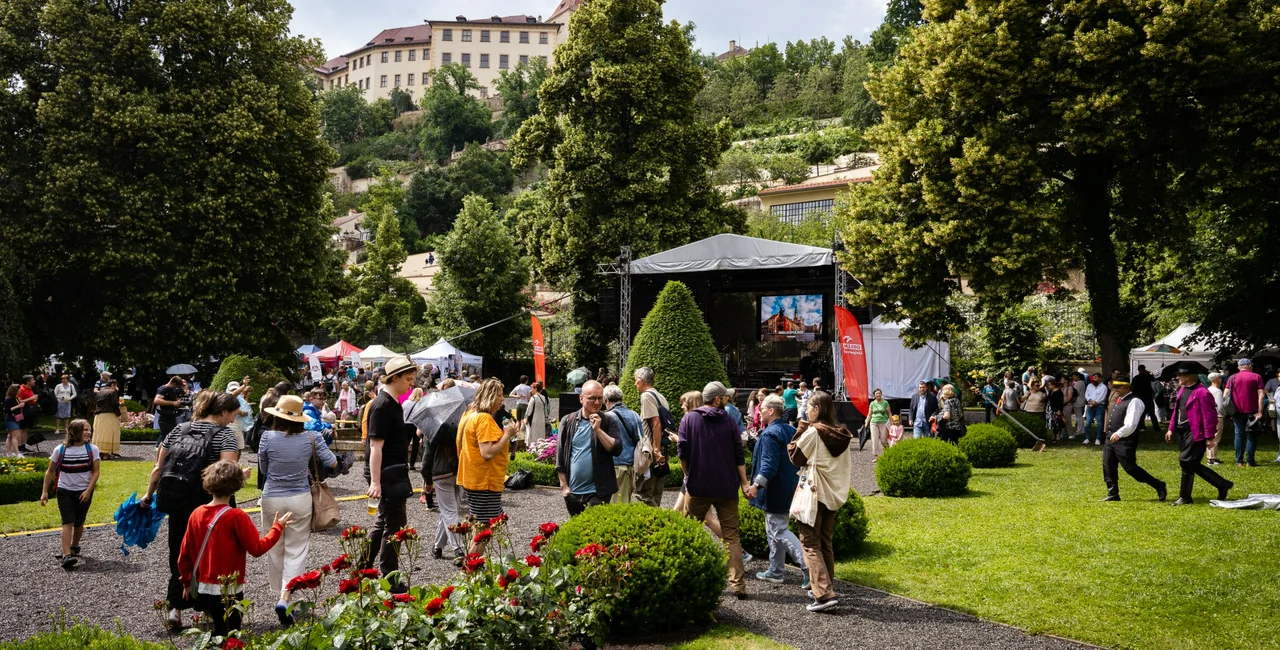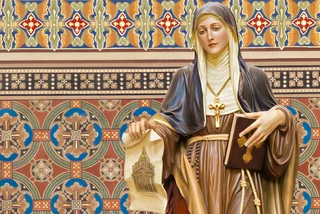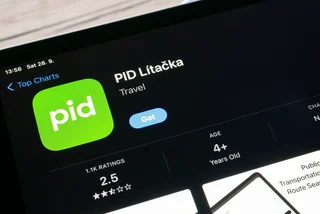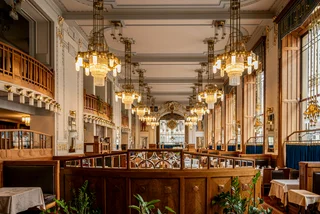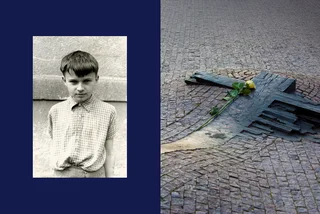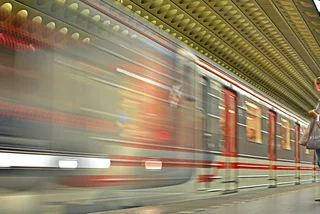A similar language and fondness of alcohol aren’t the only similarities between Czechia and Poland. This Saturday, the Polish Embassy in Prague brings Poland straight to the Czech capital, inviting the public to the usually inaccessible grounds of Fürstenberg Palace for Polish Day 2025.
Free to enter from 1 p.m. to 8 p.m., guests can explore the palace’s otherwise secluded gardens and courtyards—nestled just below Prague Castle—while learning more about the richness (and perhaps idiosyncrasies) of Polish culture.
“Poland is attracting more and more Czech tourists. The event presents regions and attractions not only from the borderlands, but from all corners of Poland,” said the Polish Institute's Monika Olech.
What’s life like for Poles in Czechia?
Czechia has a sizable Polish community. The Polish Institute in Prague tells us that around 38,000 citizens in Czechia are at least part-Polish, with approximately 20,000 Polish citizens temporarily living in the Czech Republic.
Expats.cz spoke to one such Pole, Maks, who moved here 12 years. “People can do more things than they want because society is more liberal and less judgmental here,” he told us.
Shared History, Distinct Identity
Czechia and Poland share deep historical ties—from being part of Great Moravia to rivaling over Silesia in the Middle Ages. Today, the Polish minority in Czechia is mainly found in the Trans-Olza region, covering the Karviná and Frýdek-Místek districts, the only geographically concentrated national minority in the country.
There are some socio-cultural differences, though: “Sometimes you’ll hear stereotypes from Czechs that Poles are overly catholic and conservative, and the church has too much power. And that Poles drive badly!” Maks explains.
Expats.cz also talked to Julia, a Pole living in Prague for university. “Culturally, we are very close: we have a similar temperament and style of communication. Even if I don’t understand every Czech word, I can often guess what it is about from the tone, context, and facial expressions,” she told us.

“Both nations express emotions very clearly, also through swear words—and in this aspect we are very close,” she said.
However, there are some things Czechs could do to make Poles more welcome. “I would like Czechs to understand that Poles are not as 'pompous' or rigid as they are sometimes portrayed,” she tells us.
Bigos and brews
At the core of this year’s festivities are the regional booths representing nearly a dozen Polish provinces and cities, from the mountain peaks of Lesser Poland and the salt mines of Wieliczka to the heritage-rich heart of Wrocław.
Food and drink, naturally, play a starring role. Bacówka and Prague’s Bílá kráva restaurant will serve up hearty Polish classics like pierogi, bigos, and żurek. Local breweries and non-alcoholic drink vendors, including Piwa.cz and Maspex, round out the tasting tour. Artisan products and traditional crafts are also on offer.
A family-friendly event
But it’s not just about food. Children can look forward to arts and crafts workshops, science experiments, and even a climbing wall. Curious minds can try mini Polish language lessons, offered throughout the afternoon, against a backdrop of live folk music from a highlander band and a brass band.
Už za týden, v sobotu 14. Äervna, zahájÃme â˜€ï¸ Polský den v zahradách @PLinCzechia !
— Polský institut v Praze (@PLInst_Praha) June 7, 2025
13.00 – otevÅ™enÃ
13.20 – dechový orchestr z Wieliczky
14.00 – oficiálnà zahájenÃ
14.30 – góralská kapela
15.00 – prezentace regionů na pódiu
16.45 – góralská kapela
18.30 – koncert Rita Pax pic.twitter.com/vz8lzwSa4M
The cultural crescendo of the day will be the evening concert featuring the acclaimed band Rita Pax, led by Paulina Przybysz, with a soulful Tribute to Breakout—a homage to the legendary Polish blues group.
Maks believes that this shared culture unites the two countries: “I feel very welcomed in Czech society—learning the language helped. In almost all cases when I say I'm Polish, I get a positive reaction.”












 Reading time: 3 minutes
Reading time: 3 minutes 